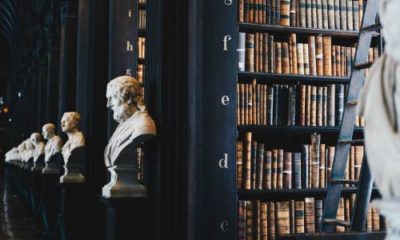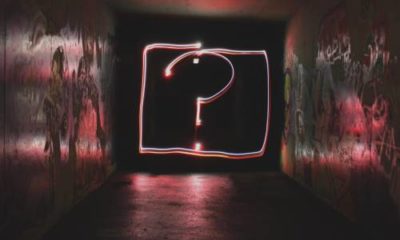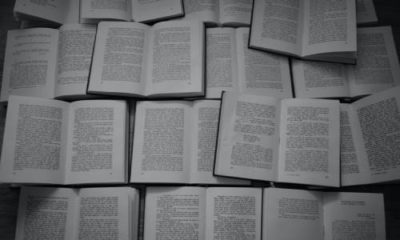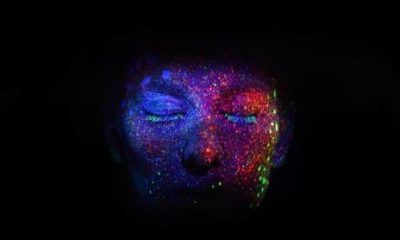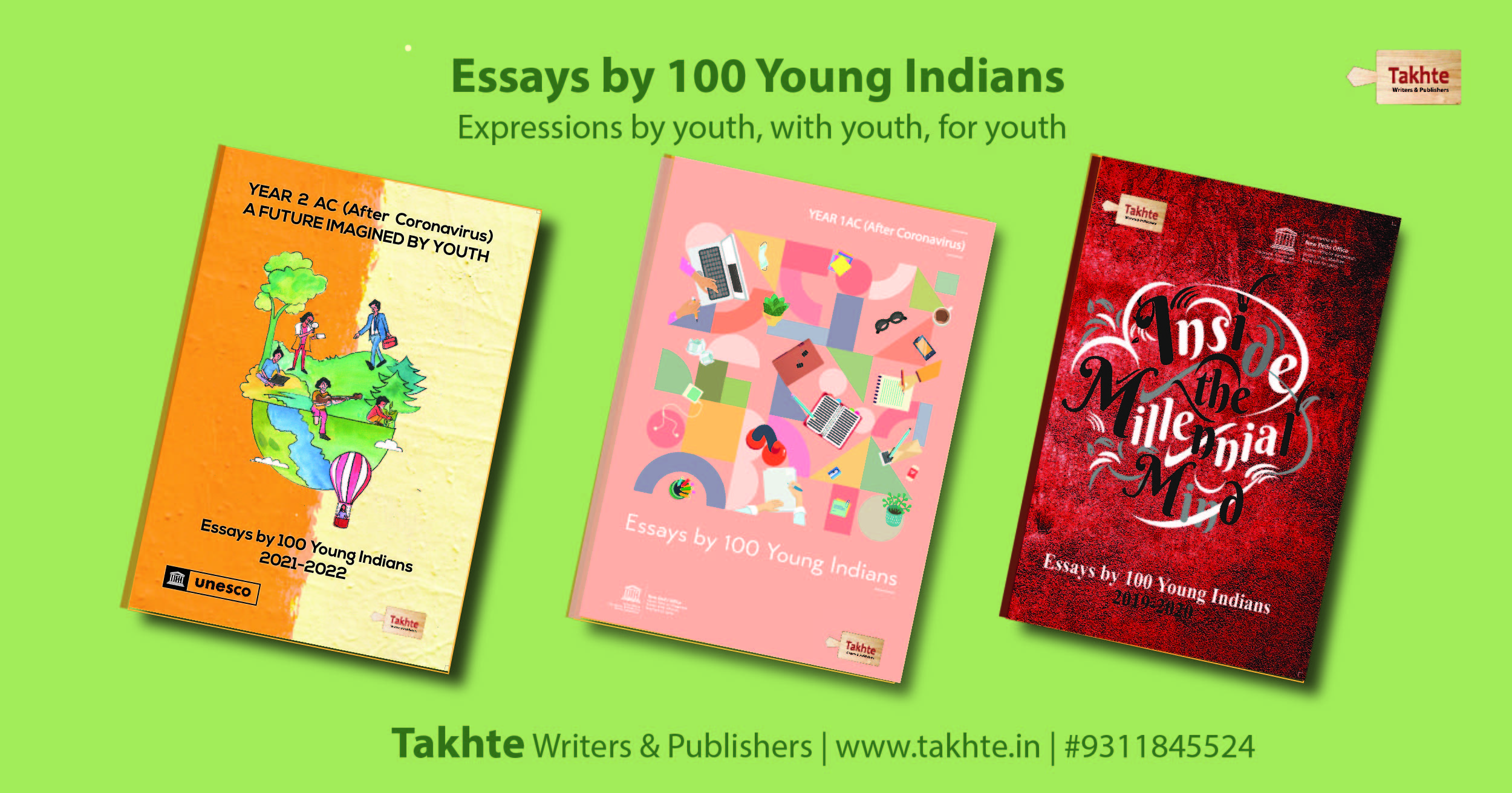Social Dimensions
A Walk to Belonging
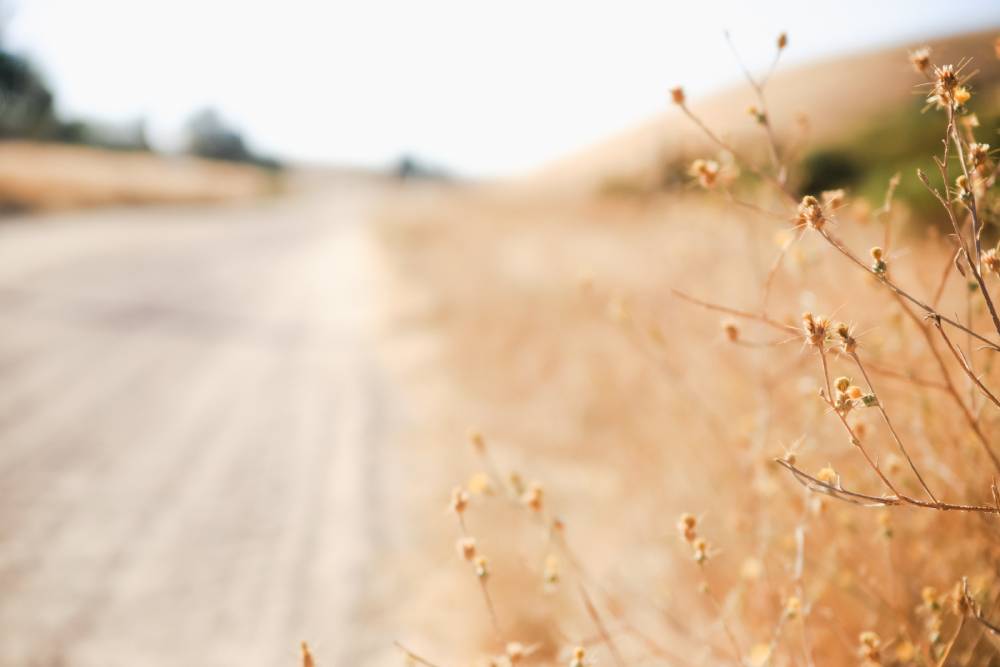
Ria Singh
Heritage Xperiential Learning School, Gurugram, Haryana
Dear Diary,
Stranded in the city with no work opportunities at hand, I walk with my companions. Yes, my feet ache, and I am exhausted, but I yearn for the comfort of my belonging, my home, my village far away. I have forever loved my village, the pond, the trees, and the sense of belonging in the whiffs of air that stroke my hair. Sustenance and ambitions drove me to the city, where I often feel lost. The air is unclean, and survival is brutal. I work day in and day out to earn a meagre sum for my family. I live in filthy slums with a lack of basic civic facilities. So, I walk. As if the heat was not enough, the virus haunts me too. I don’t know what exactly it is, but I know that it’s dangerous. With no transport, no aid, I evoke the resilience beneath my vulnerable yet tough exterior. I walk to the soil of my belonging, where life is simple and beautiful.
As I continue to walk, days pass by. With minimal resources, there is an urgency to reach the land of my origin. I have no idea where and when I will have my next meal or where I will find a place to rest. Sleeping under the stars on the muddy streets or some grass on fortunate days, I wonder what is it that keeps me going and helps me fight all odds. I realize that it is the hope to reunite with my soil, with my near and dear ones, and the camaraderie that I share with the place I grew up in. I also wonder if I would have left my home behind and come to this strange land of uncertainty had my village offered enough work opportunities to sustain a living.
As I continue my journey ahead, my thoughts keep switching between the past and the present. I keep going back to all the bitter-sweet experiences I had in the last few months. I remembered how once my employer accused me of stealing a gold chain that was found later, and I came out clean as luck would have it. My thoughts also went back to how my employer made sure that I got complete rest and three-square meals when I suffered from dengue. He stood by me as each cell healed and fueled me with the energy and enthusiasm that he always loved in me.
I kept thinking about how life was a roller coaster of events and how every experience left me with feelings of joy, sorrow, happiness, or worry. I was thinking of a past that I wanted to run away from and yet cling on to.
Proceeding towards my destination, I wondered what it was that left me unhindered despite such hardships and impediments. Though every day brought along some new challenges, not once did the thought of giving up cross my mind. There was an unwavering inner strength that came in along with these hardships.
After days of walking, reflections of my life, going through numerous ups and downs and facing multiple adversities, the walk to my belonging concluded. As I saw my son run towards me with happiness that only his eyes could speak, every obstacle seemed worthwhile.
As Warsan Shire once said, “No one leaves home unless home is the mouth of a shark.” I fling a plea to the one who listens that my land prospers and thrives, and no one is ever compelled to leave the land of their belonging.
Social Dimensions
#NoMore50

“An animal’s eyes have the power to speak a great language.” – Martin Buber
Yes, they do. But, how many of us listen? It is easy for some of us to harm animals, thinking they lack the intelligence to understand or feel pain. To make it worse, many of us ignore animal suffering entirely because we are unsure how to help. So, unfortunately, knowingly or unknowingly, we end up empowering the abusers.
While there are penalties and punishments for animal cruelty, they are challenging to invoke and even for the most heinous form of animal abuse, the penalty is a measly INR 50. However, there are other consequences for abusers, such as a permanent criminal record and a history of their crime that follows them everywhere in Digital India, the fact that most offences amounting to cruelty under the Prevention of Cruelty Act 1960 are not cognizable (other than animal fights, shooting animals & injecting harmful chemicals), which prevents the law enforcement agencies from taking immediate action. Additionally, even after conviction, the offenders are let off by paying a penalty of Rs 50, the penalty prescribed under the Prevention of Cruelty to Animals Act, 1960. The penalties under this Act, which start from Rs 10 to Rs 50 for a first-time offender and Rs 100 for a repeat offender, have not been revised in the past 60 years and have long since become ineffective in deterring animal cruelty.
In a bid to change this and to strengthen the #NoMore50 campaign, Astitva Animal Rights Enforcement and Voice of Views (VOV), the online publishing platform of Takhte Writers & Publishers, commences #NoMore50 Photo Story campaign for raising voice for having stronger laws that do not allow perpetrators of crimes against animals to get away with a fine of merely Rs 50.
Kindness, compassion, and empathy are essential values and can help young people fight for animals. We need to help them in finding their voices so that animal abuse is made a cognizable offence punishable with stringent laws, and to do just that, through our campaign, we aim to sensitize young minds towards what animals go through and provide them with a platform to step up and raise their voice for those who cannot speak for themselves.
We invite you to share a photo story about coexistence with animals as part of the campaign.
Contest on: 24 December 2021 – 23 January 2022
Open to: Young Minds aged 11-24 across India
Terms & Conditions: Photo should be original/ unpublished and self-clicked (high res); supported with an intriguing story of 30-40 words. Please note the organisers’ reserve the right to use photo-story in their future works.
Attractions:
- Three winners will receive books worth Rs2500/- from Takhte Writers & Publishers on the decision of the jury
- 20 best stories will receive an Appreciation E-Certificate
- Winning photo stories will be published on VOV and promoted on social media handles of the organisers
Email entries to – nomore50contest@gmail.com
Social Dimensions
Breaching the Gabba fortress: The acid test of unity
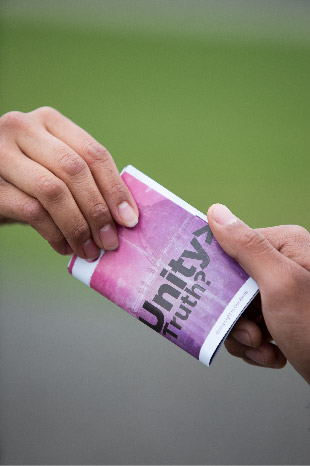
Apurav Anurag
National Institute of Fashion Technology, Patna
When spiders unite, they can tie down a lion. -Ethiopian Proverb
The historic victory of the Indian cricket team in Australia is the perfect example of the proverb above. No one would have thought that after being bowled out to their lowest score of 36 in their very first match, India would bounce back so strongly. No one had anticipated that the injury-laden Indian team would give such a strong response to Australian pacers’ lethal bowling attack in the absence of Virat Kohli and other key players. But the Indian cricket team not only silenced all the “mocking birds”, but also created history. They beat Australia in Gabba in the final match where they were unbeaten for the last 32 years and won the series 2-1! The golden secret behind their stellar performance was nothing but their “unity”. They played as a unit.
The victory has a great lesson for us. We are blessed to be born in the country which has tremendous diversity. Our unity in diversity not only makes us culturally rich but is also our greatest strength. Unfortunately, today most of us are divided into the caste and religion lines. Newspapers are full of articles about the atrocities carried in the name of caste and religion. This has resulted in the growth of extremism, regionalism, and a plethora of other social problems. As a result, it is hindering our progress as well as ruining our rich cultural legacies.
The sepoy mutiny of 1857 had shaken the foundation of the British rule. This was mainly possible due to the great unity of Hindus and Muslim community. The British knew that their rule would not last long unless they followed the “divide and rule” policy. Our forefathers had realized our strength as a union. This is why India was described as “indestructible union of states” in our constitution, unlike the United States of America. In other words, India has a reliable centre as none of the states in India has the right to secede from it under any circumstances. Many political pundits had mocked India’s formation then and even termed it as a failed experiment of history! But we proved them wrong. There were initial demands for autonomy and formation of states on linguistic lines, but it never hampered our national unity and integrity.
There was a time when we relied on different nations for food grains, but today, we feed the world and provide lifesaving drugs. The “operation sanjeevani” during the pandemic is the testament of it. This would have never been possible without our unity.
Our society is fundamentally inclusive and peaceful. India has given shelter to persecuted minorities throughout history. For instance, when the Jews faced the holocaust, many took refuge in India and were absorbed. Similarly, the extremist ideology does not last long in India and usually have a smaller social base. The radical left ideology in the form of Naxalism has largely waned out today. Also, the terrorist activity in Kashmir has begun to decline. It’s high time for us to cherish our diversity. The Gabba fortress’s breach should not be solely remembered as a record-breaking event but also as an acid test of unity.
Social Dimensions
Stronger Together and a New World of Us: Solidarity
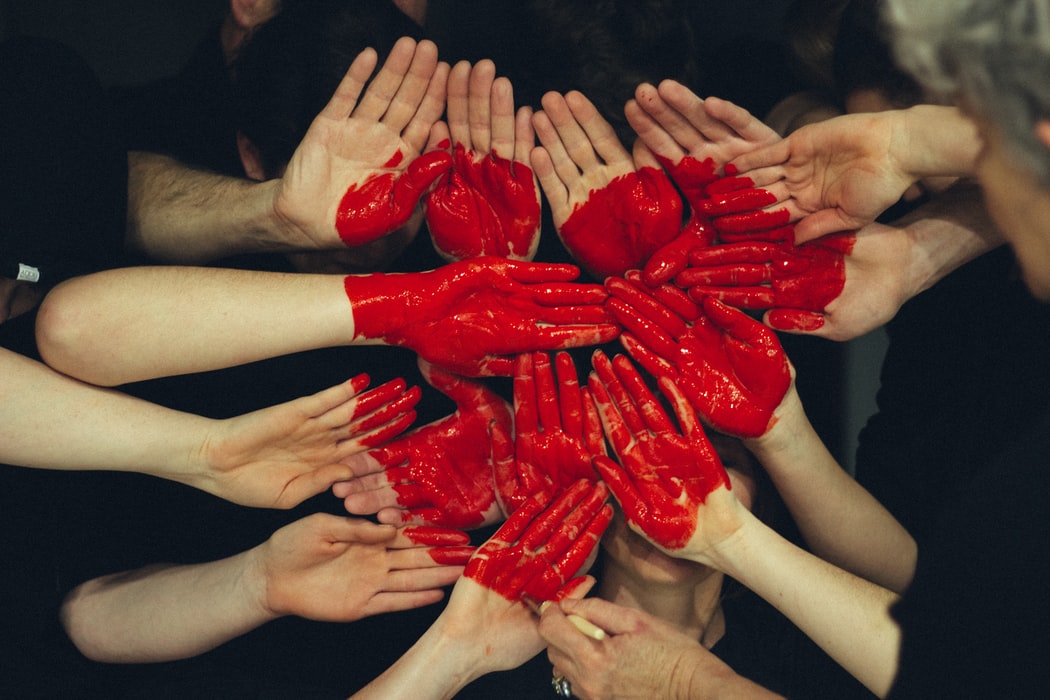
Raabia Ali Abidi
Amity International School, Saket, New Delhi
“The first step in the evolution of ethics is a sense of solidarity with other human beings.”
Solidarity refers to the tie that binds human beings to each other. Solidarity is not only a phrase but a feeling from the heart and realisation. I feel that it is the need for survival and existence. The purpose of solidarity is to build our movement and to embody our mutual care and concern for justice. It is best depicted when we respect each other’s differing needs and lifestyle, understand and coordinate our responses in the same way.
Solidarity has always been a very widely discussed topic, but no one never really understood its real deep meaning. It helps mankind to become successful at a faster rate. It also brings integration and sense of humility on to societies as individuals will assist each other in different situations. Well, sooner or later we all understood the meaning of solidarity right now, during the coronavirus pandemic. As the world is getting impacted by the pandemic, everyone started to help each other. Distant friends and relatives reconnected, neighbours have begun to help each other, and the world has started to stand together in the fight against the pandemic. All of us have started to show solidarity and are standing together.
From the WHO to government leaders, the expression of being stronger has started to appear to be an excellent response to the crisis? As we begin to navigate this new terrain of life when everything is so uncertain, I am sure that we must all work together to win this battle as it is crystal clear that strength lies in accordance and indeed unity is our strength.
Sympathy and humble actions make us all a string of solidarity. When one cord strikes, all others come together and become stronger with unity, unanimity and cooperation.
International solidarity is not an act of charity; it is an act of unity between allies fighting different terrain towards the same objective. The foremost of these objects is to aid the development of humanity to the highest level possible. It is each of our basic needs, duty and the purpose for the art of right living by understanding the state of our soul with compassion, liberty and solidarity within to protect the dignity of our divine life and living as a means for keeping us united so that we become stronger together.
“Every human being has been called to solidarity in a world battling between life and death”. Unfortunately, many people worldwide are giving birth to racism and prejudice even in the wake of a pandemic. Racism and prejudice are not new; the only difference now is that it is getting documented. Even during a pandemic, we see many cases of racism, prejudice and discrimination against a particular caste or community. On the other hand, in a brighter perspective, we have also noticed that India has only become independent because of our ancestors who stood against discrimination, racism and prejudice in solidarity. They conveyed that we are stronger together and unity in diversity is the best possible way to fight such pandemics and problems. They even told us that “United we stand divided we fall” and we all should agree with this motto and implement it in our lives. I want to conclude with the thought- “We don’t need unity, in theory, we need solidarity in practice”.
-
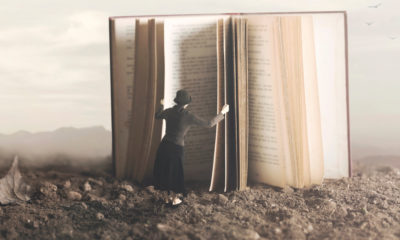
 Poems3 years ago
Poems3 years agoPoems
-

 Uncategorized2 years ago
Uncategorized2 years agoOnline Elocution Contest
-
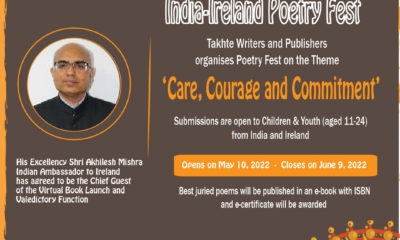
 Poems2 years ago
Poems2 years agoIndia-Ireland Poetry Fest
-

 Legal Talks3 years ago
Legal Talks3 years agoCompliances Relating to the Commercialization of Electronic Devices
-

 Legal Talks3 years ago
Legal Talks3 years agoCUSTODIAL RAPE IN LIGHT OF THE MATHURA GANG RAPE CASE
-
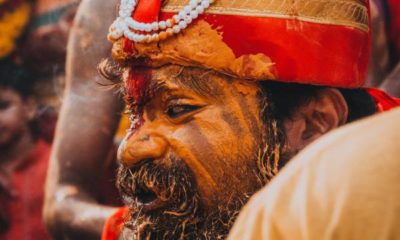
 Art & Culture3 years ago
Art & Culture3 years agoThe Lore of the Days of Yore: Significance of History
-
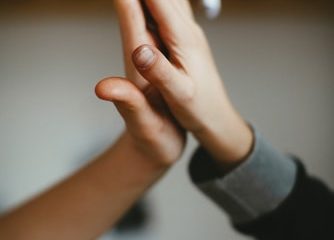
 Short-story3 years ago
Short-story3 years agoBibek’s visit at his friend’s bungalow
-
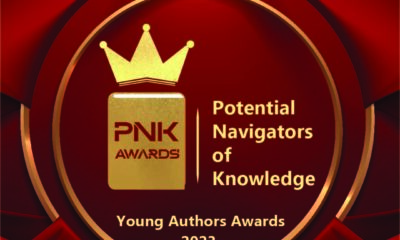
 Uncategorized1 year ago
Uncategorized1 year agoPotential Navigators of Knowledge (PNK) Young Authors Awards


